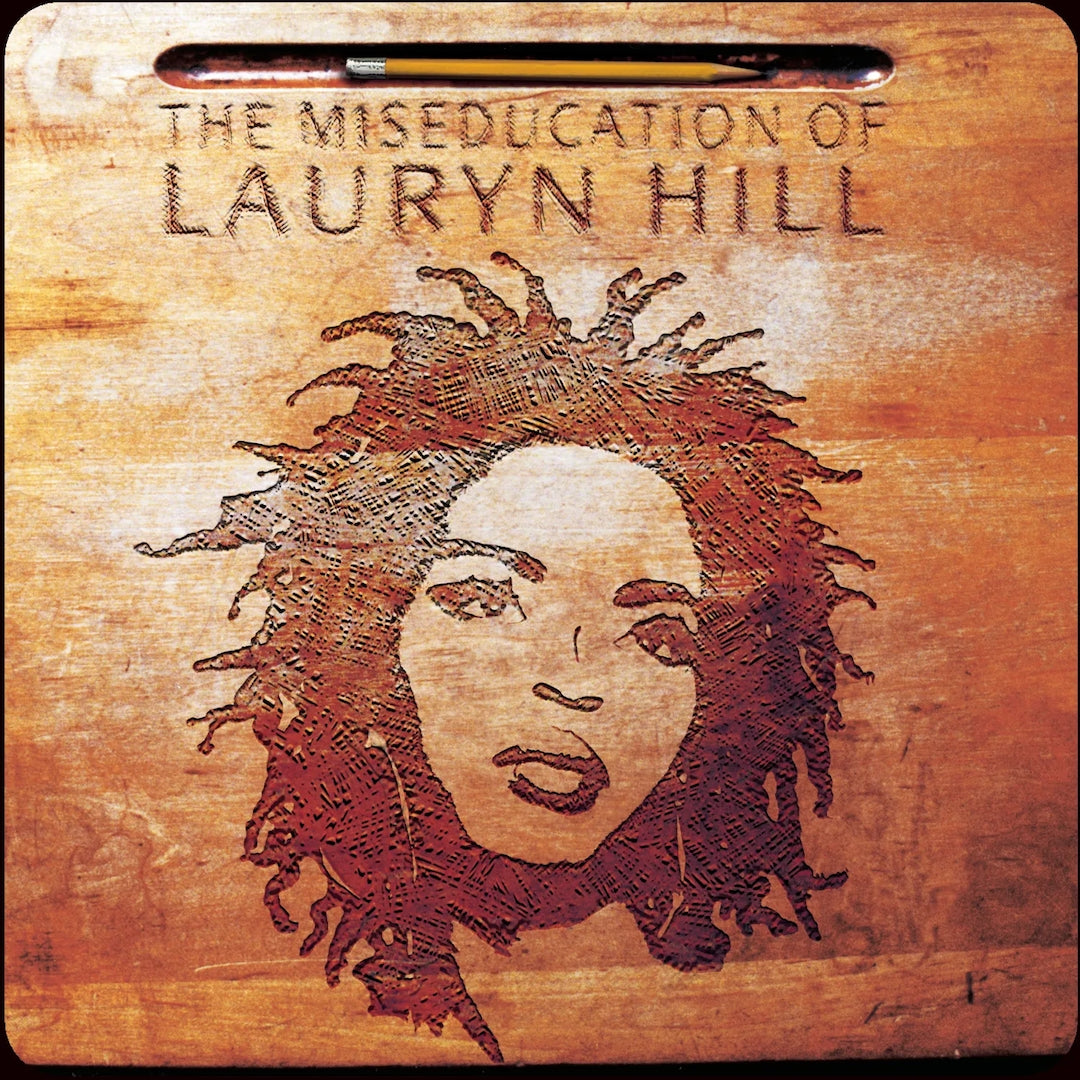Chesney ‘Chet’ Baker, i.e. the prince of cool, spent a lifetime in and out of prison, tormented by drug addiction yet was one of the most amazing trumpet players to ever exist.
Born in Oklahoma to a musical household, a father who played guitar and a mother who played piano. Chet quickly took up the family trade. After spending most of his youth singing in a local church, Chet’s father, a fan of Jazz, decided to gift Chet a trombone. When the instrument proved to be too big for young Chet to handle, it was swapped for a trumpet. Within two weeks Chet Baker was able to learn tunes played on the radio.

Whilst he studied music at high school, it was his military career that gave him the opportunity to play more. In 1946 at the age of 16, he joined the US army and was assigned to Berlin. In Germany, American music was a huge export as it was a way to keep the soldiers entertained. As a result, Baker quickly became musically acquainted with the likes of Dizzy Gillespie and Stan Kenton. After another stint in the army, only in 1951 did Baker decide to purse music as a career.
Upon his return, Baker joined the jazz circuit in the West Coast. He began performing with the likes of Stan Getz and Charlie Parker and in 1952, he was invited to join the Gerry Mulligan Quartet, which attracted a lot of attention. The two players complemented each other and played off one another brilliantly. It was their rendition of ‘My Funny Valentine’ and Chet’s solo that brought Baker to fame. Yet, this fame was put on hold as Mulligan was arrested and imprisoned on drug charges.

Consequently, Baker decided to form his own quartet. From 1953 to 1956, Baker’s quartet released a string of albums, claiming awards for top jazz vocalist and winning best trumpet player amongst names like Miles Davis and Clifford Brown in national publications. In 1954, Baker released Chet Baker Sings. With his cool demeanour and good looks, Baker became a bit of a teen idol. He made his acting debut in Hell’s Horizon in 1955. However, he rejected any further contracts to focus on music.
In the same year, Chet hit the road and headed for Europe. One month into the tour, his pianist Dick Twardzik died of a heroin overdose which was not Chet’s first or last encounter drugs. Before returning to Europe in 1959, Baker moved to New York and released Chet. An album with the top jazz musicians of the time: Bill Evans, Paul Chambers and Philly Joe Jones. Yet with the success came money and drugs. Baker was arrested twice on drug charges. First, involved him being sent to hospital and the second time, he was sentenced to four months in prison.
Upon release, Baker returned to Europe in 1959 to work in Italy with conductor Ezio Leoni’s film scores. However, in 1960 Baker was imprisoned again on multiple charges from importing drugs to forging prescriptions to heavy drug abuse. So, a lot of Chet’s work during this time was recorded whilst Baker was in prison. This time round Baker spent more than a year in prison and was consequently expelled from Germany and the U.K. on drug offences. This led to Baker being deported back to the U.S.

By this point, Baker had started to fall behind his peers and the contemporary Jazz scene. He started to release work to simply pay the bills as he had a wife and three children to support. To add to his issues, in the summer of 1965, Baker was beaten up whilst attempting to buy drugs. Several of his teeth were knocked out. By 1968, he needed dentures as his teeth had deteriorated so badly. This changed his ability to play the trumpet and he struggled to relearn. He worked at gas station trying to find a way back. He played on a few albums but they were largely unsuccessful. As a result, he withdrew and moved back to his mother’s house. He did not release anything for four years and stopped performing from 1968 to 1973. Again during this time he would be arrested for forging heroin prescriptions and drunk driving in 1971, 1972 and 1975. He later became dependant on methadone.
In 1973, Baker made a comeback. He would release a string of releases and worked tirelessly. For example, in the year 1979 Baker recorded 11 albums and in 1980, another 10. By 1980s, he found a new circle and was working with smaller labels and artists.

In 1988, Baker was found dead on the street outside his hotel, having fallen from the second-story window. Heroin and cocaine was found both in his body and his hotel room. The death was ruled as an accident.
Like many other jazz musicians before and after, Baker was plagued by drug addiction. Sometimes it feels that demons can create both incredible beauty but also destruction, which is perfectly exhibited in Baker’s life. The same man that was capable of singing so softly or playing so superbly was the same man that was imprisoned several times.






